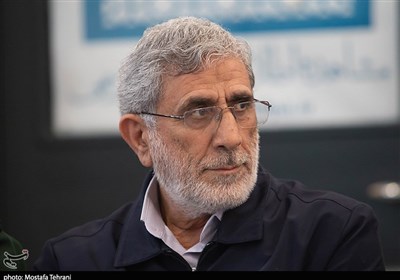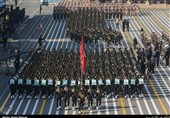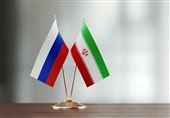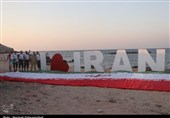Political Resolution on Yemen Calls into Question UN’s Impartiality, Competence: Envoy
TEHRAN (Tasnim) – The Yemeni ambassador to Iran decried a resolution that the UN Security Council has recently adopted about Yemen for giving the green light to the continuation of foreign aggression on his country, saying such a move has cast doubt on the UN’s impartiality and competence.
In an interview with Tasnim, Ibrahim Mohammad al-Deilami said the United Nations’ recent resolution, adopted by the “ominous Security Council”, which has described the strikes and military operations by the Yemeni army and Popular Committees against the Saudi-led coalition as “terrorist attacks” would not change anything about his country’s defense plans.
The resolution reveals that the UN and the Security Council do not care about the continued blockade on Yemen and its people and have in fact given the green light to the continuation of attacks by the aggressors against Yemen, the envoy added.
Deploring the far-reaching impacts of the blockade on the Yemeni people and civilians, Deilami said the recent resolution signifies that the UN is not impartial and is even an incompetent organization.
The Yemeni ambassador further slammed Russia’s “unjustifiable and incomprehensible” move to vote in favor of the resolution.
“Let me say it explicitly that we have not counted on Russia’s role in the issue of Yemen since the first day,” he said, adding that Russia made a bargain with the United Arab Emirates, which has abstained from a resolution to condemn Russia's attack on Ukraine at the UN Security Council.
Last week, the UN Security Council extended an arms embargo to all Houthi forces of Yemen.
The resolution, proposed by the United Arab Emirates (UAE) and adopted with 11 votes in favor and four abstentions, extends an embargo that until now targeted some Houthi leaders to the entire group.
Saudi Arabia, backed by the United States and regional allies, launched the war on Yemen in March 2015, with the goal of bringing the government of former Yemeni president Abd Rabbuh Mansour Hadi back to power and crushing the Ansarullah movement.
The war has left hundreds of thousands of Yemenis dead and displaced millions more. It has also destroyed Yemen’s infrastructure and spread famine and infectious diseases there.
The Yemeni Ministry of Public Health stated that in January alone, coalition airstrikes killed at least 150 civilians and injured a further 350.






